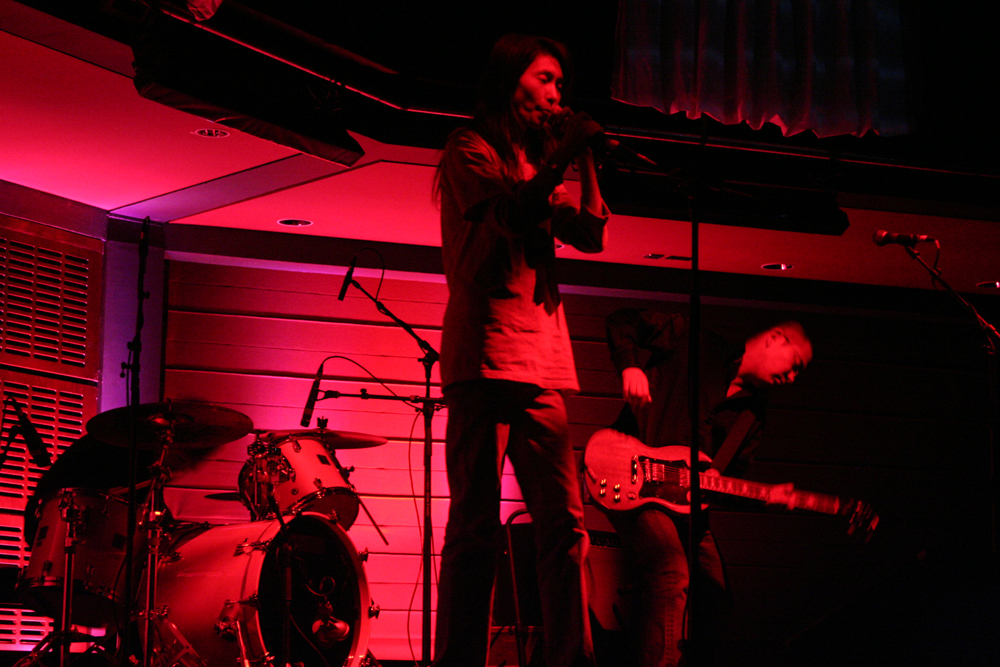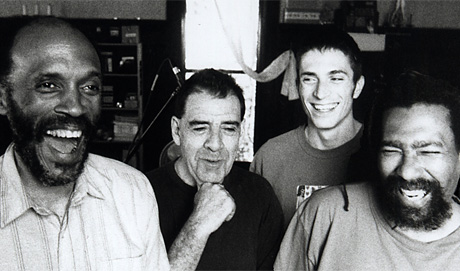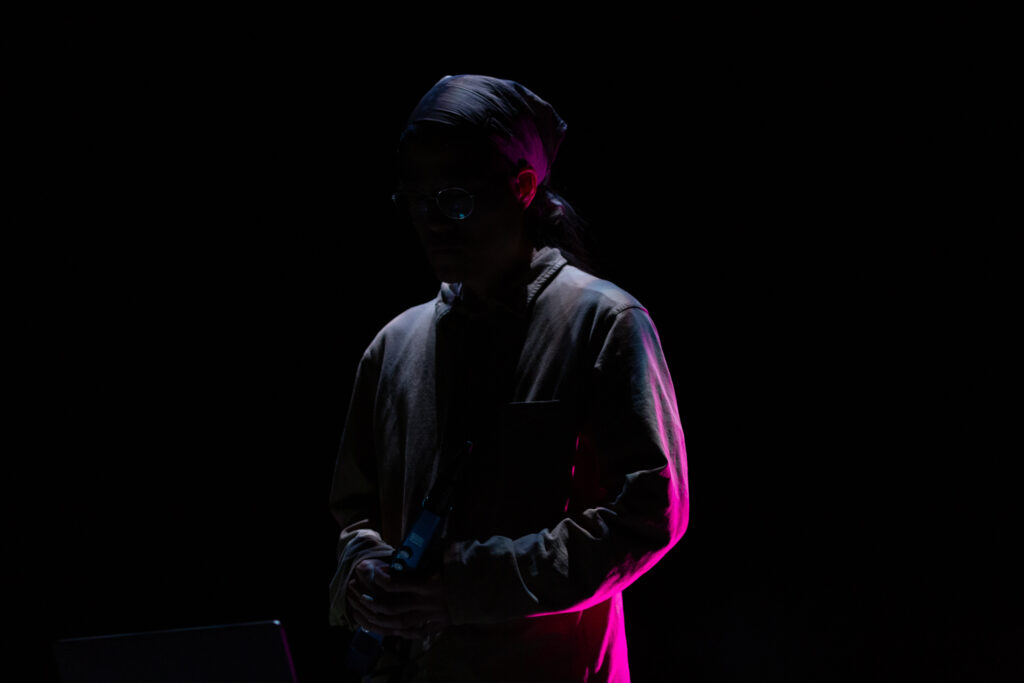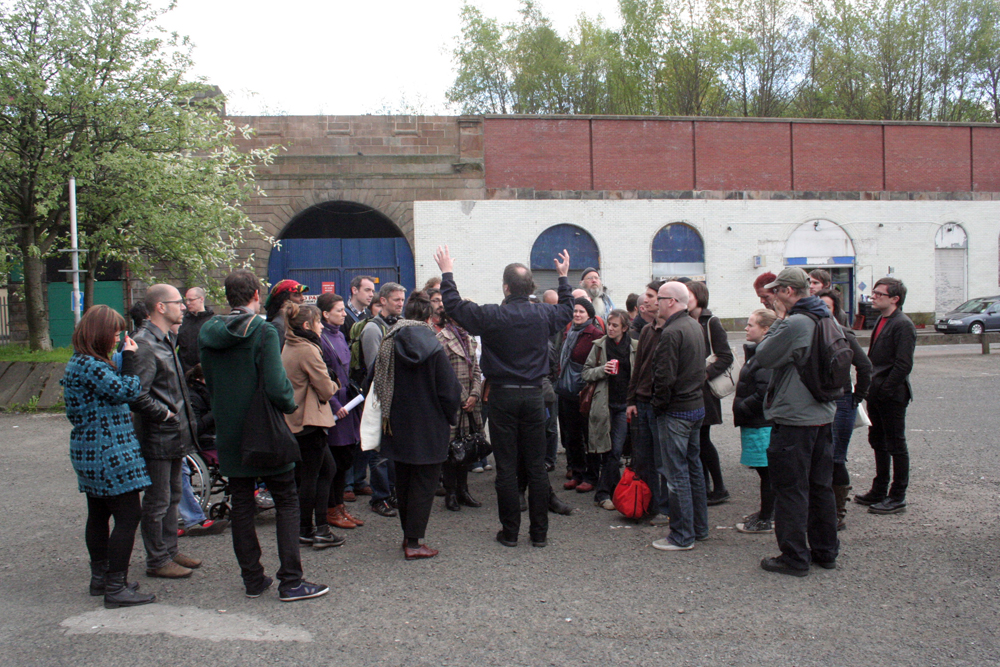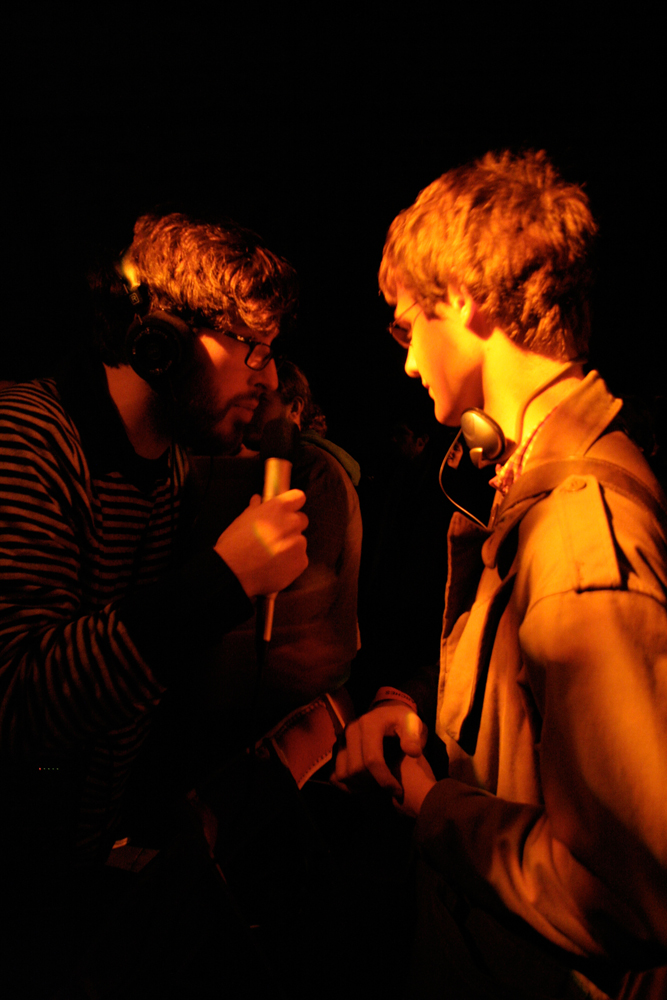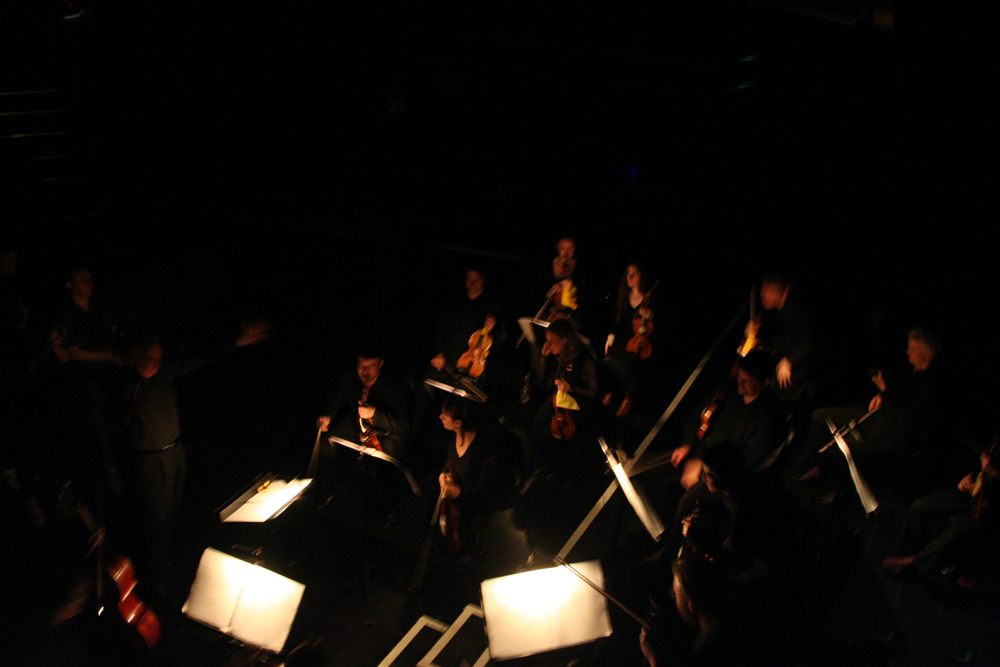
System Errors: Abolitionist Technologies and Aesthetics
American Artist Danielle Brathwaite-Shirley Juliana Huxtable Legacy Russell
A panel exploring the radical potential of technologies through fugitivity and opacity: their ability to obscure, to make it impossible for us to be known, to render us untraceable by every arm of the state even under the all-consuming spectre of surveillance capital.




